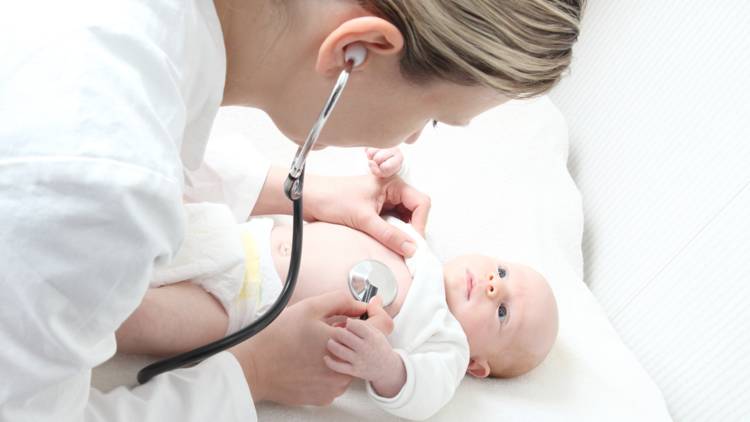Illinois has a long history of engaging in efforts to ensure that all infants and toddlers have developmental and social emotional screenings and receive follow-up supports and services.
In 2003, the Commonwealth Fund launched its second phase of the Assuring Better Child Health and Development (ABCD II), a national initiative designed to assist states in improving the delivery of early childhood development services for low-income children and their families. Through this initiative, Illinois analyzed state Medicaid policy to identify policy changes that could promote better coordination, improve screening delivery, and connect families with services through referrals. Policy changes included adjustments to physician billing for screening during well-child visits, clarification of Part C early intervention eligibility for physicians, the use of both the Ages and Stages Questionnaire (ASQ) and the Ages and Stages Questionnaire: Social Emotional (ASQ-SE) as valid and reliable tools for screening, and flexibility for physicians to screen the mother in order to identify perinatal, or postpartum depression. Ultimately, all changes were made administratively, and no legislation or state plan amendments were necessary.
Illinois was also a recipient of an ABCD III grant in 2009, which allowed the state to continue its work to strengthen linkages across screening, referral, prevention, and treatment programs. A particular focus was improving the connection between early intervention and health care providers. This work continues to be expanded throughout the state, and additional progress has been made in sharing information through electronic transfer of information and more timely communication.
Illinois is implementing a Quality Rating and Improvement System (QRIS), called ExceleRate Illinois. ExceleRate is an innovative framework that has been used across Illinois’ early learning landscape to improve program quality at scale by ensuring that children and families obtain screenings and referrals for services. To support programs in achieving this requirement, Illinois developed a screening resource guide and sample agreements with early intervention and local education agencies. Universal and periodic developmental and social emotional screening is also at the center of a number of statewide strategic plans related to community systems, mental health, and health. All of these efforts advance the state’s goal of ensuring that a coordinated system exists so that all infants and toddlers and their families can have their needs identified and addressed early. The ExceleRate Illinois QRIS Validation Study has been completed and is now available to read or download.
Since 2009, Illinois has kept quality early childhood education at the forefront of its education policy. Illinois continues to believe that a high-quality, intentionally aligned education system from birth to third grade is essential for the success of the state’s highest-need children. Illinois is committed to ensure a high-quality, comprehensive system of teaching, learning, and support from children from birth.
This description of Illinois’ work is highlighted in ZERO TO THREE’s publication, A Place to Get Started: Innovation in Infant and Toddler State Policies.



